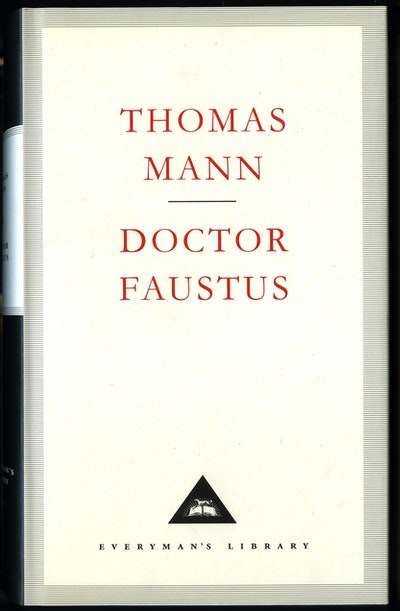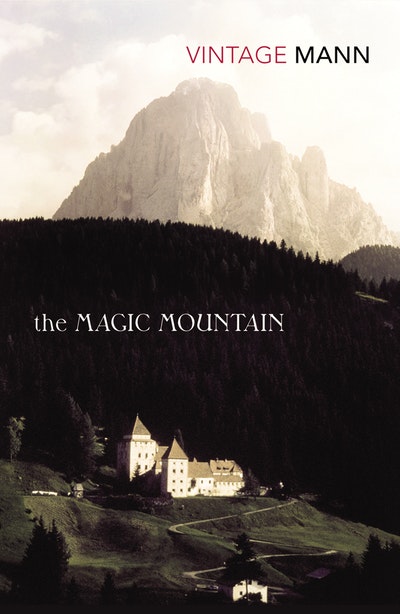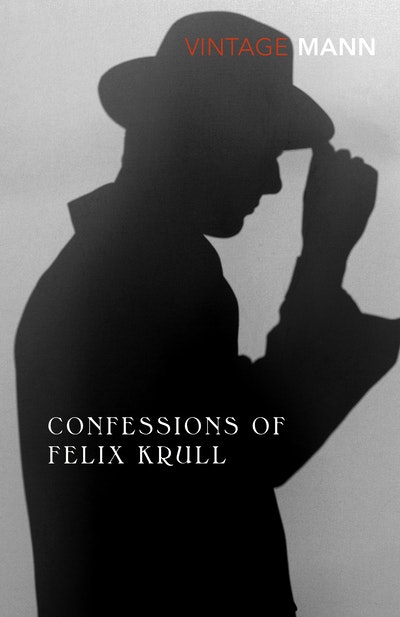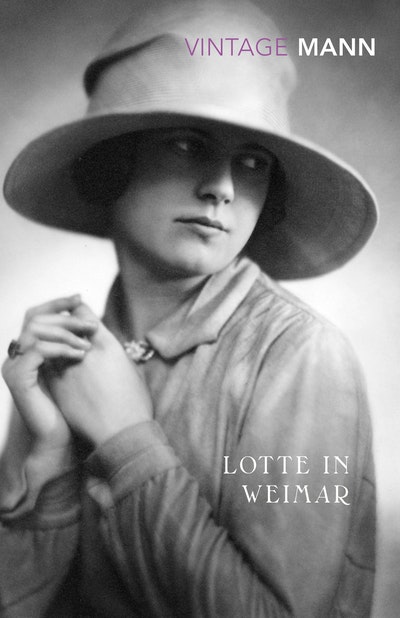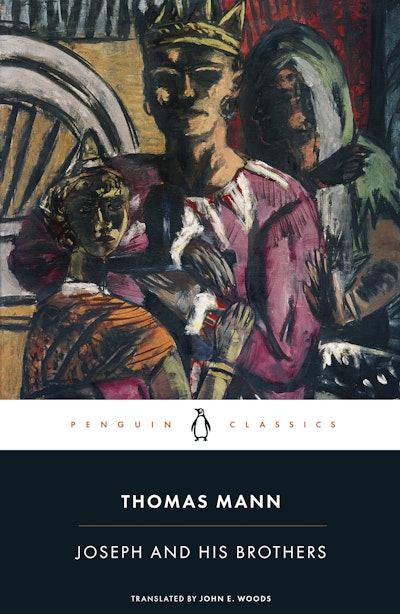[]
- Published: 15 May 1992
- ISBN: 9781857150803
- Imprint: Everyman
- Format: Hardback
- Pages: 523
- RRP: $39.99
Doctor Faustus
Formats & editions
Buy from…
- Published: 15 May 1992
- ISBN: 9781857150803
- Imprint: Everyman
- Format: Hardback
- Pages: 523
- RRP: $39.99
